Indigenous Governance Database
Governance
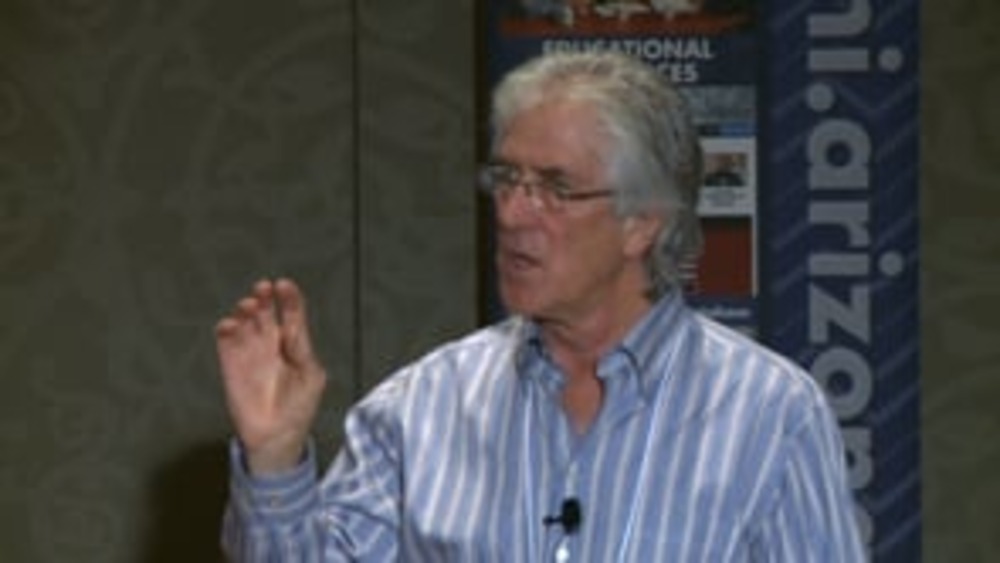
Robert Hershey: The Legal Process of Constitutional Reform
Robert Hershey, Professor of Law and American Indian Studies at the University of Arizona, provides an overview of what Native nations need to consider when it comes to the legal process involved with reforming their constitutions, and dispels some of the misconceptions that people have about the…
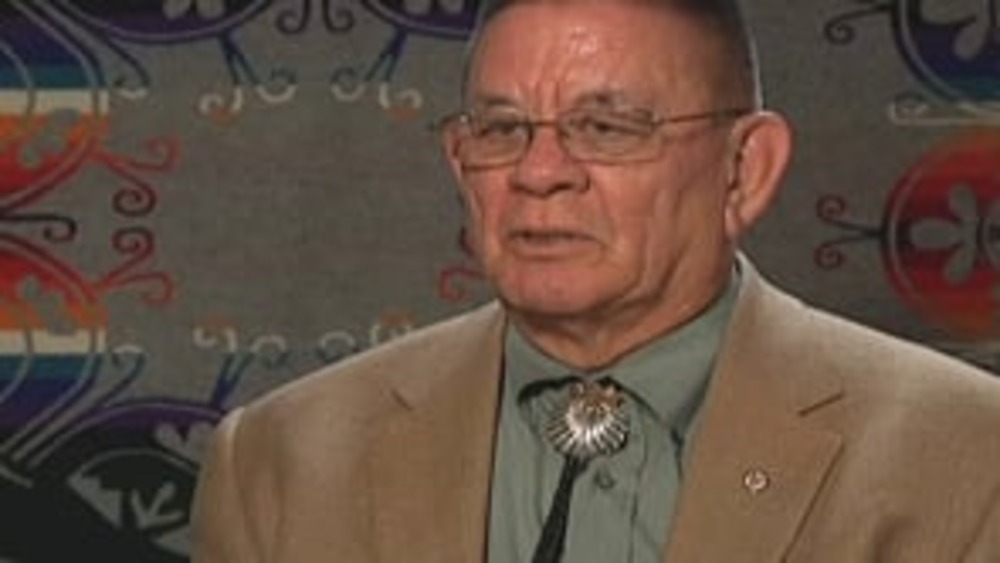
John McCoy: The Tulalip Tribes: Building and Exercising the Rule of Law for Economic Growth
Former Manager of Quil Ceda Village John McCoy discusses how the Tulalip Tribes have systematically strengthened their governance capacity and rule of law in order to foster economic diversification and growth. He also stresses the importance of Native nations building relationships with other…
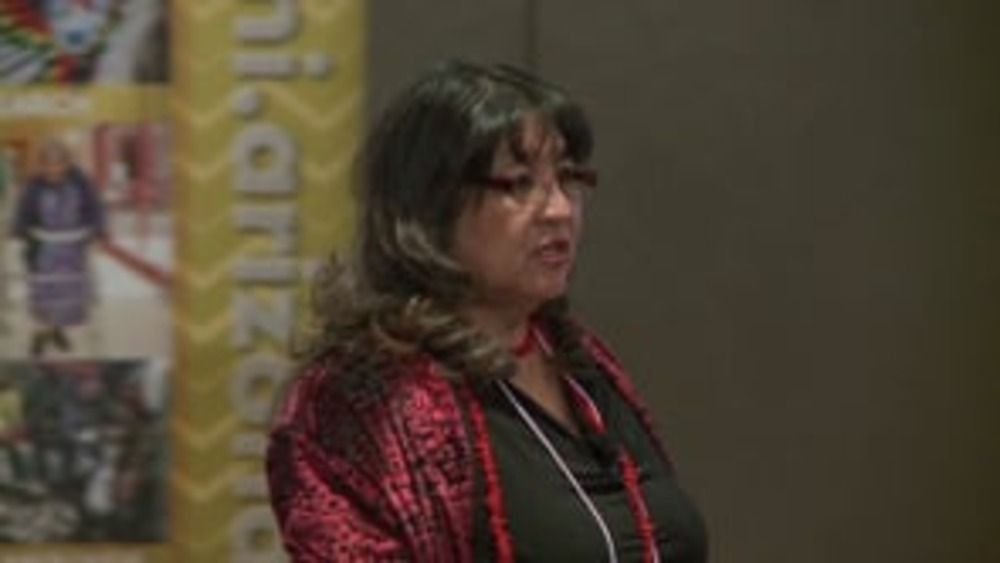
Joan Timeche: The Two Tests a Constitution Must Pass (Presentation Highlight)
In this highlight from the presentation "The Diversity of Governing Systems and Constitutions in Indian Country," NNI's Joan Timeche explains the two tests (cultural legitimacy and effectiveness) that Native nation constitutions must pass if they are going to prove capable of achieving their…
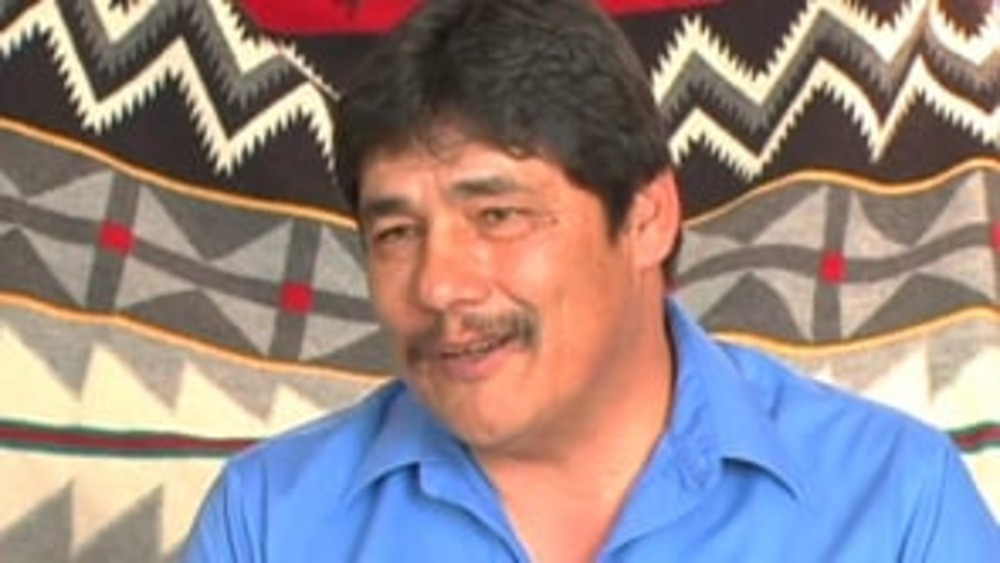
From the Rebuilding Native Nations Course Series: "Defending Sovereignty Through Its Effective Exercise"
Native leaders speak to the notion that Native nations' best defense of their sovereignty is the demonstration of their ability to exercise that sovereignty effectively.
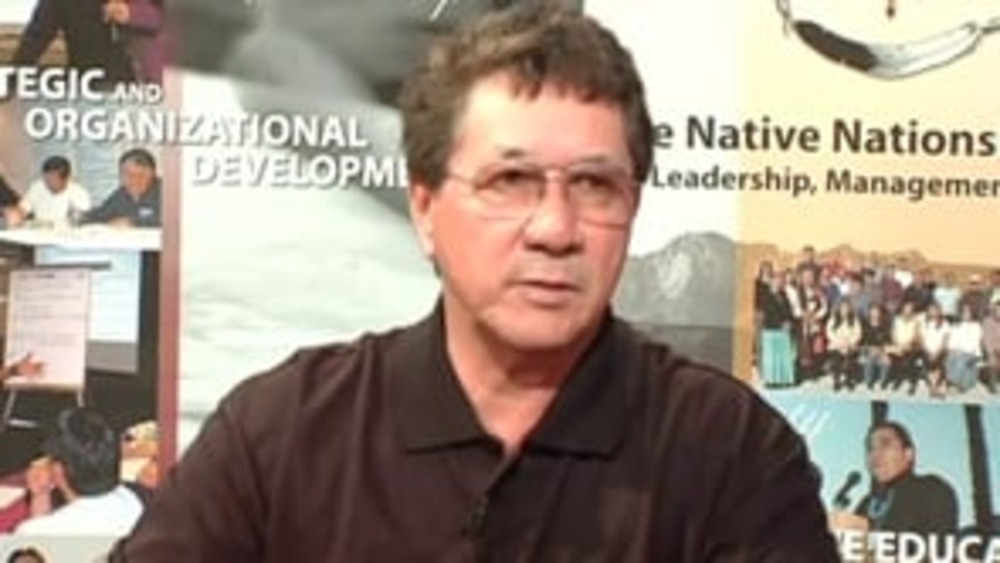
NNI Indigenous Leadership Fellow: Michael Kanentakeron Mitchell (Part 2)
In part two of his Indigenous Leadership Fellow interview, Grand Chief Michael Mitchell of the Mohawk Council of Akwesasne touches on a wide range of nation-building topics, notably the importance of clearly defining the distinct roles and responsibilities of leaders and administrators working on…
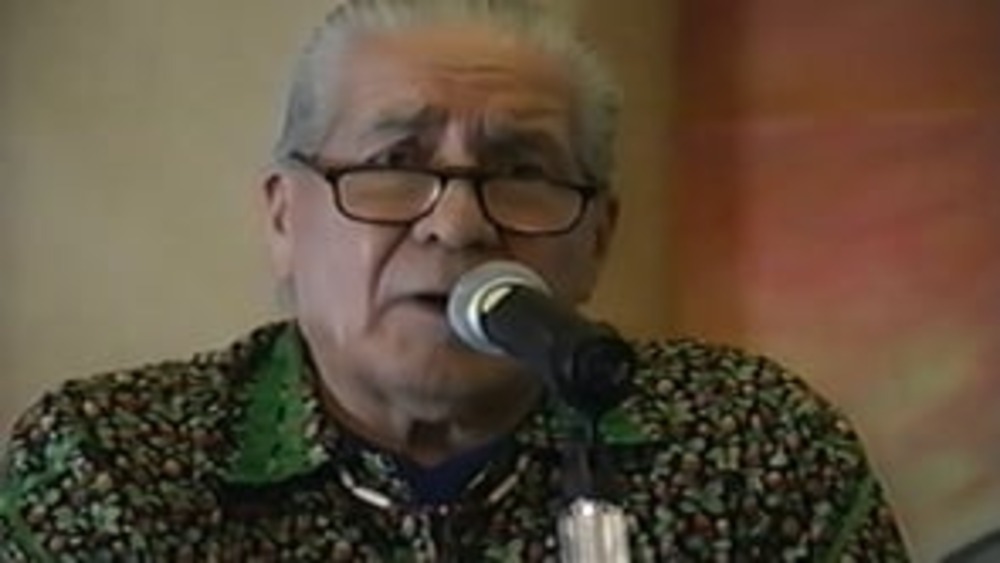
Honoring Nations: Oren Lyons: Governing Our Way to a Brighter Future
Onondaga Chief and Faithkeeper Oren Lyons shares his perspective on why governance matters to the sovereignty and long-term prosperity of Indigenous peoples, and stresses the importance of adhering to the long-taught instructions that have ensured the survival of those peoples to this day.
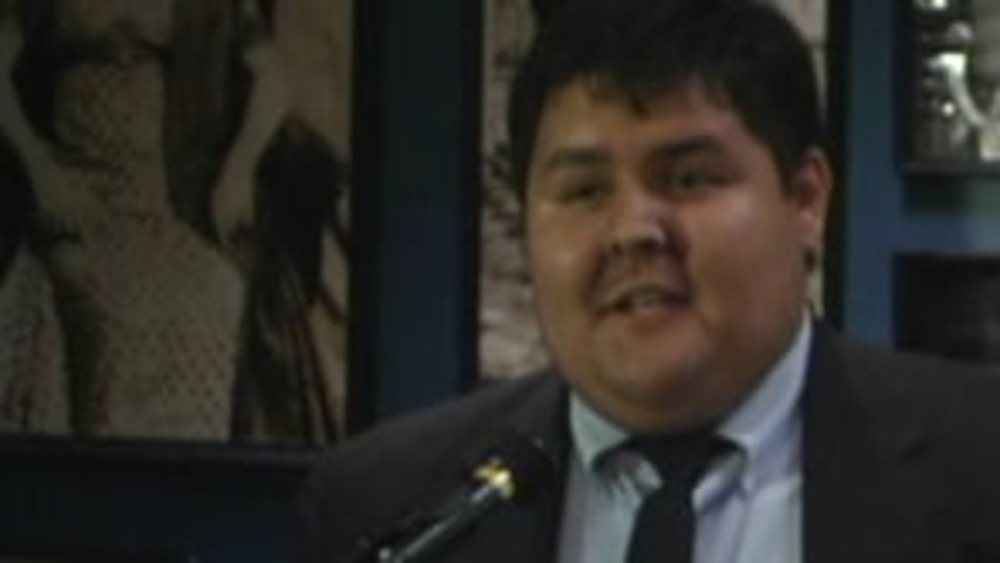
Honoring Nations: Myron Brown: Akimel O'odham/Pee-Posh Youth Council
Former President Myron Brown discusses how the Akimel O'odham/Pee-Posh Youth Council is an example of building a great program in a political setting, and shares how Gila River youth are having their political voice heard through this innovative leadership development mechanism.
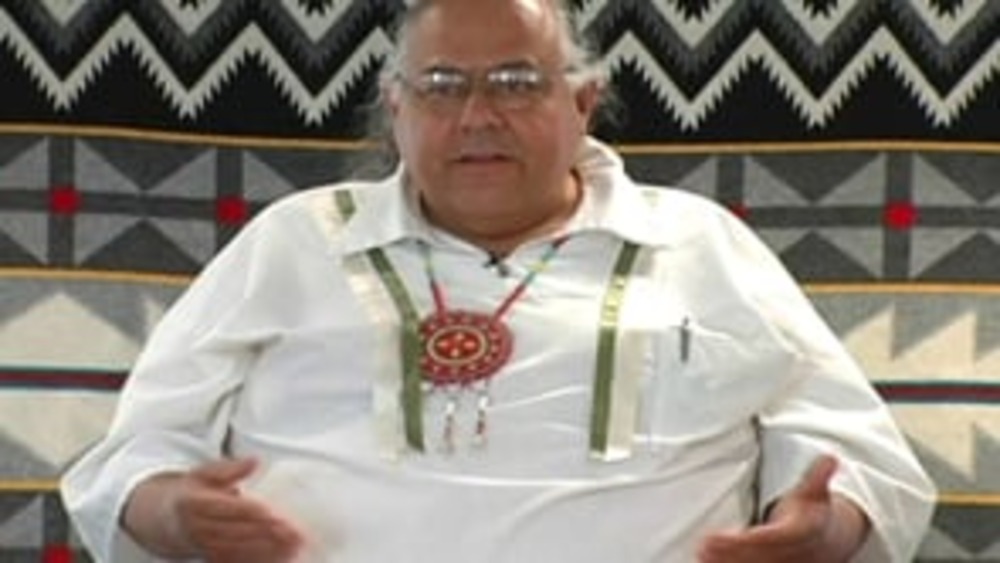
Frank Ettawageshik: Exercising Sovereignty: The Little Traverse Bay Bands of Odawa Indians
Frank Ettawageshik, former chairman of the Little Traverse Bay Bands of Odawa Indians (LTBBO), discusses how LTBBO has systematically built its legal infrastructure in order to fully and capably exercise the nation's sovereignty and achieve its nation-building goals. He discusses some of the…
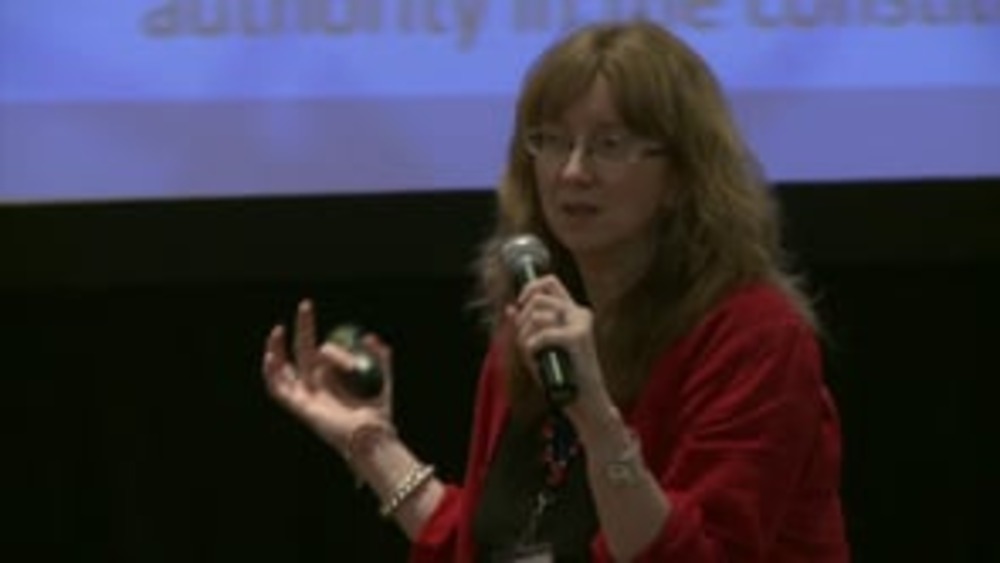
Melissa Tatum: Striking a Balance on What to Include in Your Constitution (Presentation Highlight)
In this highlight from the presentation "Key Things a Constitution Should Address: 'How Do We Resolve Disputes?'," legal scholar Melissa Tatum discusses the importance of a Native nation striking a balance between what to include in its constitution and what not to include in its constitution so…
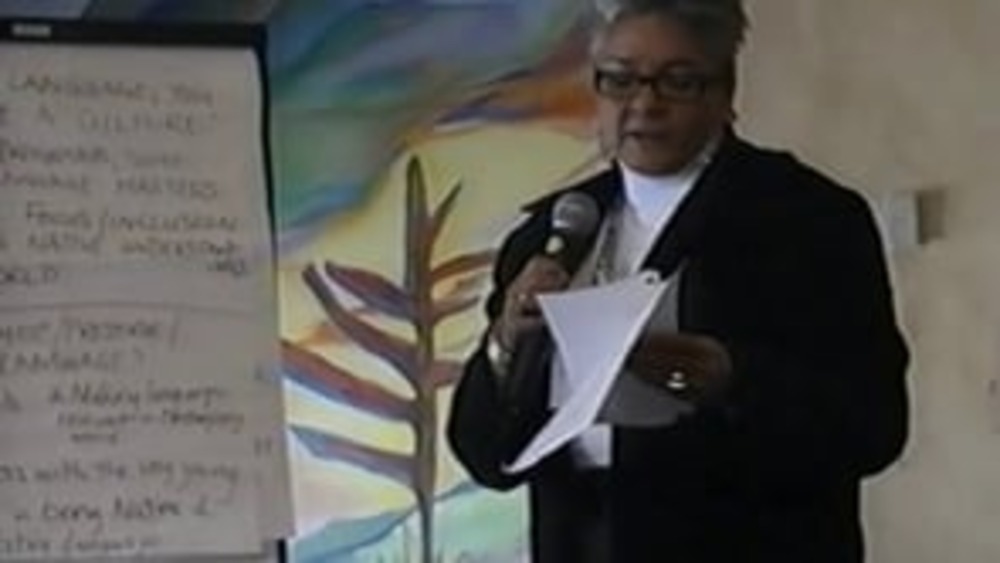
Honoring Nations: JoAnn Chase: Cultural Affairs
JoAnn Chase reports back to her fellow Honoring Nations sympoisum participants about the consensus she and her fellow cultural affairs breakout session participants reached concerning the need for Native nations to fully integrate culture into how they govern, and also to ensure that their…
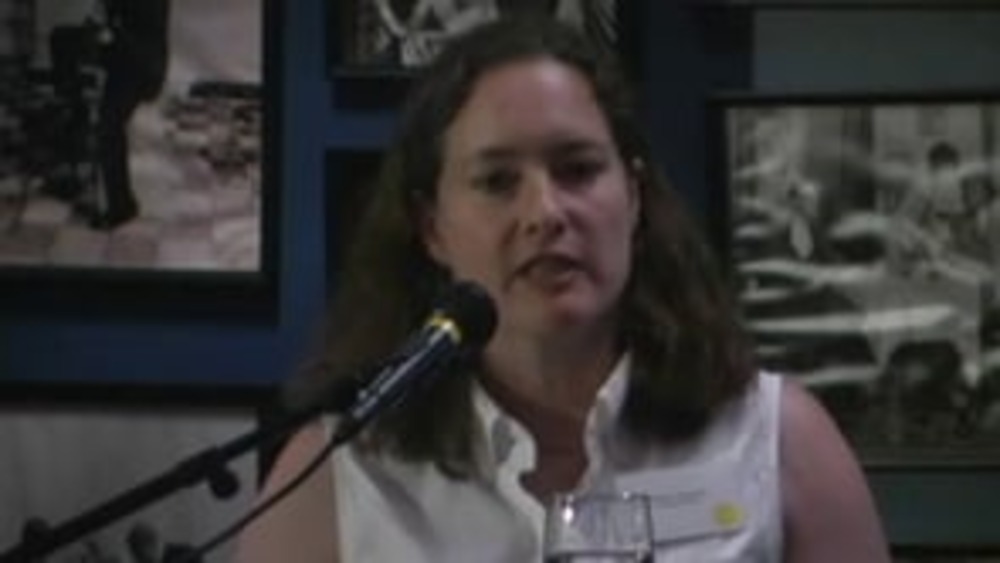
Honoring Nations: Miriam Jorgensen: Using Your Human and Financial Resources Wisely
NNI Research Director Miriam Jorgensen kicks off the 2004 Honoring Nations symposium with a discussion focused on "Using Your Human and Financial Resources Wisely," In her presentation, she frames key issues and highlights the ways that successful tribal government programs have attracted…
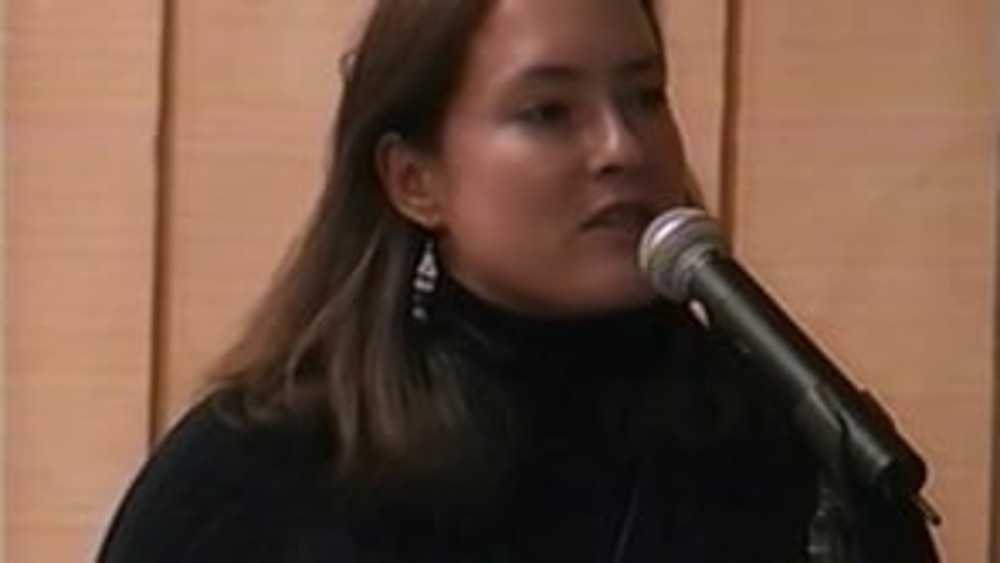
Honoring Nations: Miriam Jorgensen: Achieving Good Governance: Cross-Cutting Themes
Miriam Jorgensen, Director of Research for the Native Nations Institute and the Harvard Project on American Indian Economic Development, shares the cross-cutting themes of good governance that exist among the Honoring Nations award-winning programs.
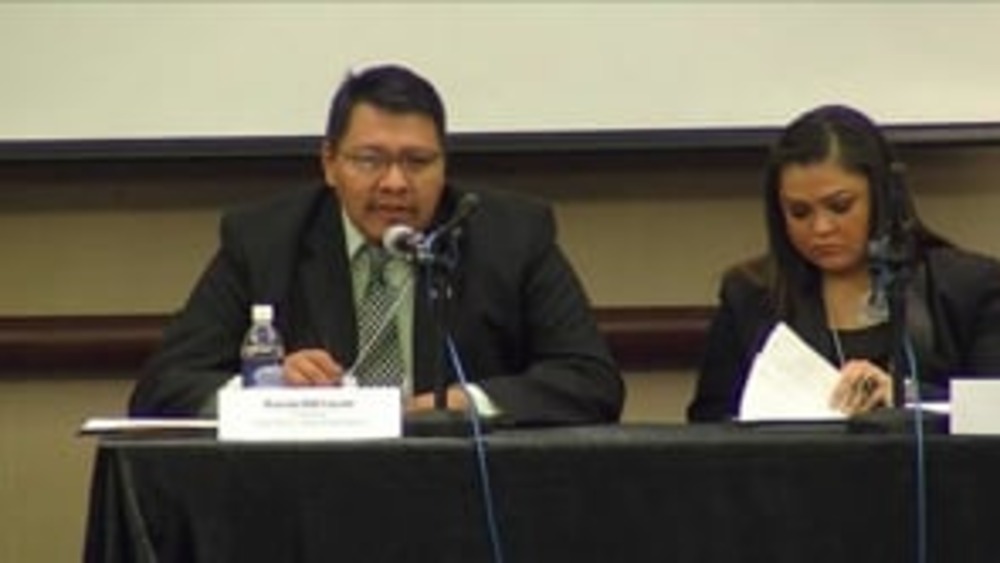
Jamie Fullmer, Rebecca Miles and Darrin Old Coyote: Our Leadership Experiences, Challenges, and Advice
Jamie Fullmer (former Chairman of the Yavapai-Apache Nation), Rebecca Miles (Executive Director and former Chairwoman of the Nez Perce Tribe) and Darrin Old Coyote (Chairman of the Crow Tribe) share what they wished they knew before they took office, the greatest leadership challenges they have…
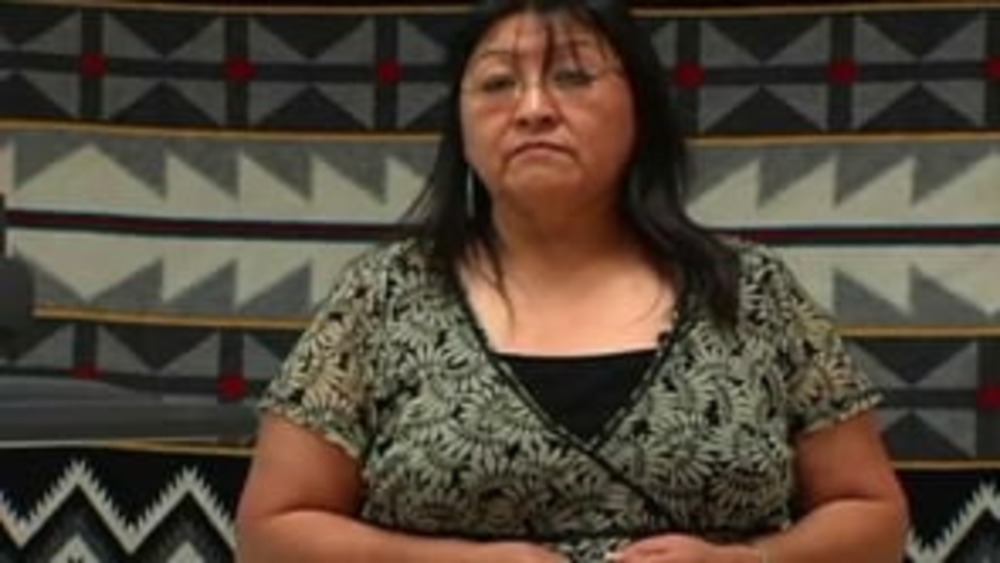
From the Rebuilding Native Nations Course Series: "Strategic Clarity"
NNI Executive Director Joan Timeche stresses the importance of Native nations having strategic clarity in the development and operation of effective bureaucracies.
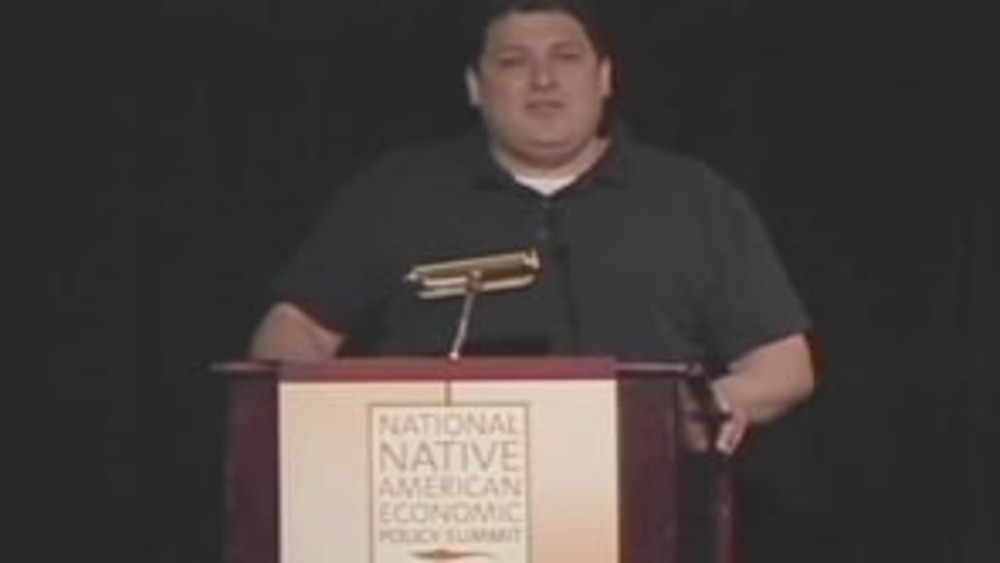
National Native American Economic Policy Summit: Lance Morgan: Policy
The National Native American Economic Policy Summit was held in Phoenix, Arizona, May 15-17, 2007, with more than 500 key stakeholders gathering to discuss the challenges to growing healthy, vibrant Native economies. In addition to identifying challenges, participants were asked to recommend…
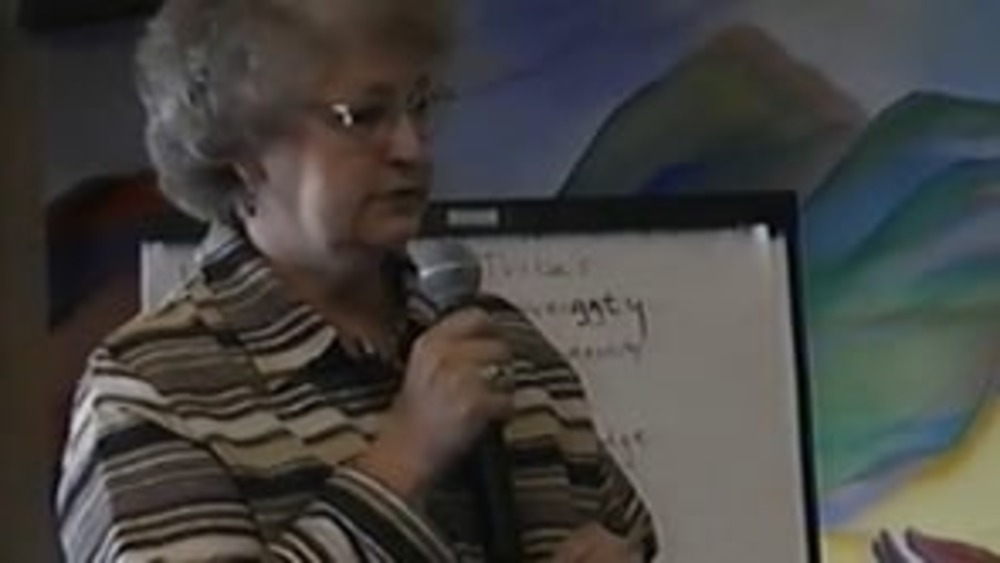
Honoring Nations: Julia "Bunny" Jaakola: Education and Social Services
Julia "Bunny" Jaakola reports back to her fellow Honoring Nations symposium attendees about some of the keys to effective governance that the education and social services breakout session participants identified.
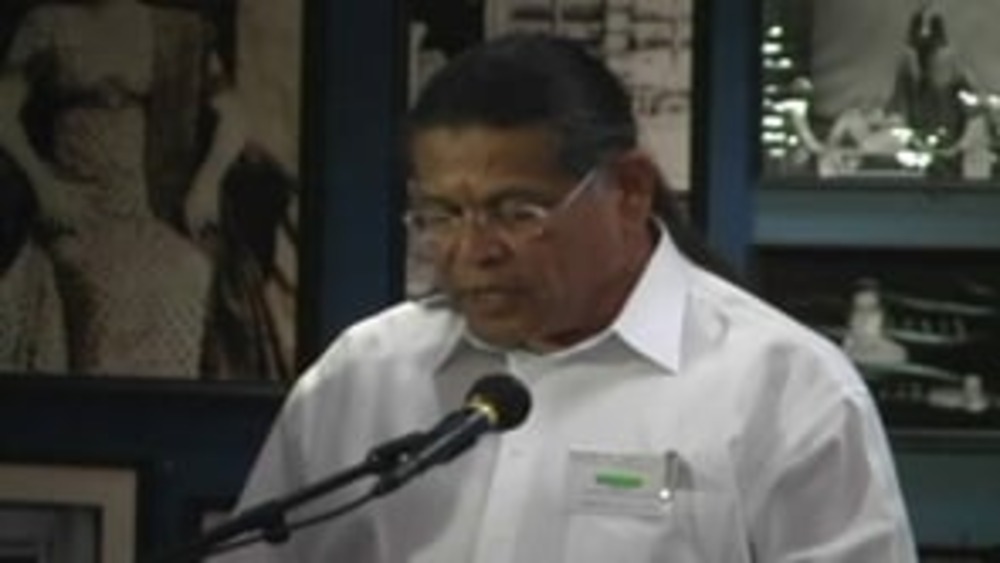
Honoring Nations: Anthony Pico: Building On the Success of Nation-Owned Enterprises
Anthony Pico, the longtime chairman of the Viejas Band of Kumeyaay Indians, discusses the larger purposes of economic development for Native nations, why it is important for nations leverage their gaming successes via the cultivation of other nation-owned enterprises and citizen-owned businesses,…
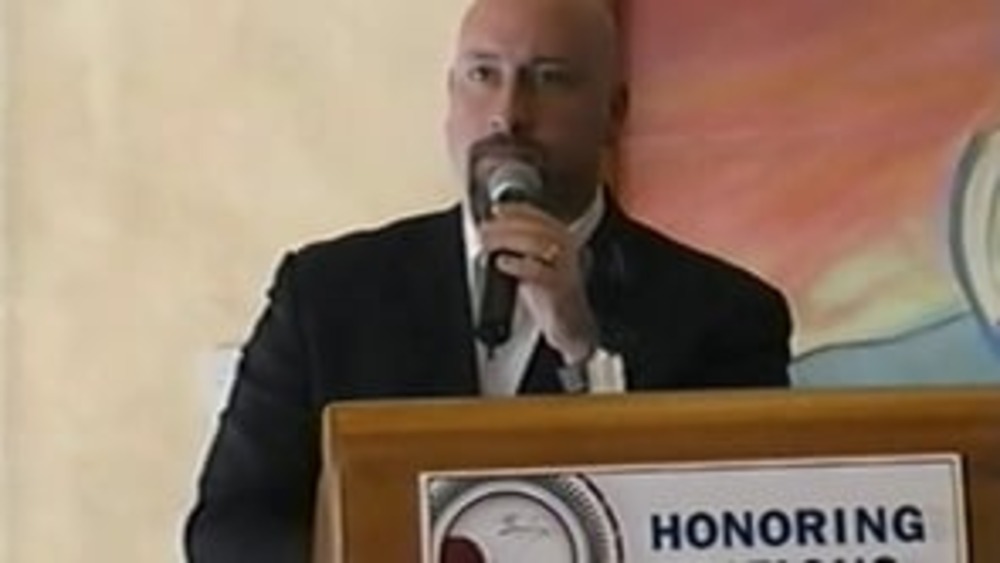
Honoring Nations: Justin Martin: Enhancing Government-to-Government Relationships
Justin Martin, Former Director of Intergovernmental Affairs at Grand Ronde, discusses his nation's relationship in previous years with the state government, and how Grand Ronde was able to build and sustain success over time in the state's legislative arena.
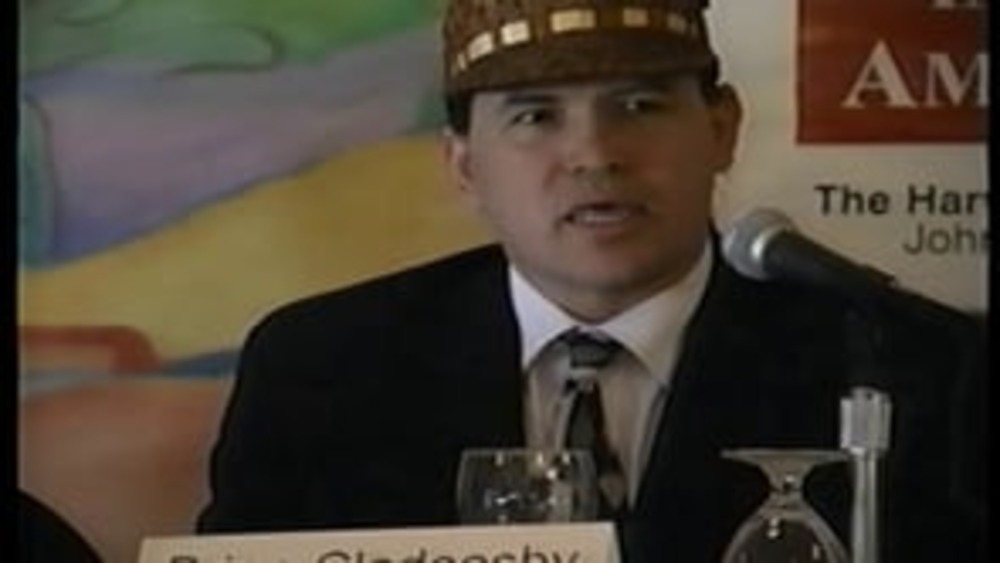
Honoring Nations: What is Good Tribal Governance and Why is it Important?: Tribal Leaders' Perspectives
Moderator Joseph P. Kalt facilitates a rich discussion by an impressive panel of Native nation leaders about the role leaders play in building and sustaining successful tribal programs.
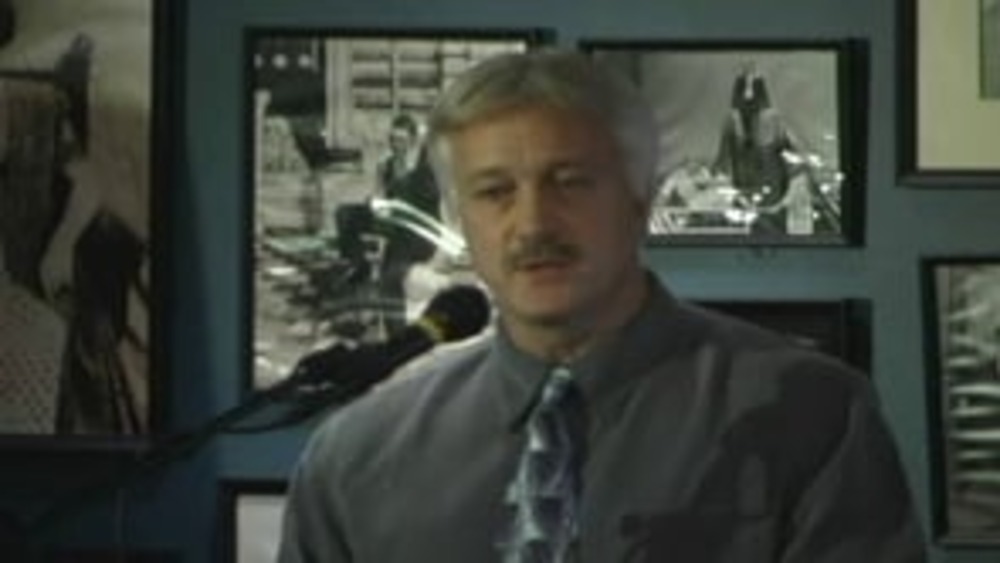
Honoring Nations: Rick George: The Umatilla Basin Salmon Recovery Project: Building on Success
Rick George, former Program Manager for Rights Protection and Environmental Planning with the Confederated tribes of the Umatilla Indian Reservation, shares what he sees as the foundational characteristics of the Umatilla Basin Salmon Recovery Project and other examples of successful,…
Pagination
- First page
- …
- 12
- 13
- 14
- …
- Last page
